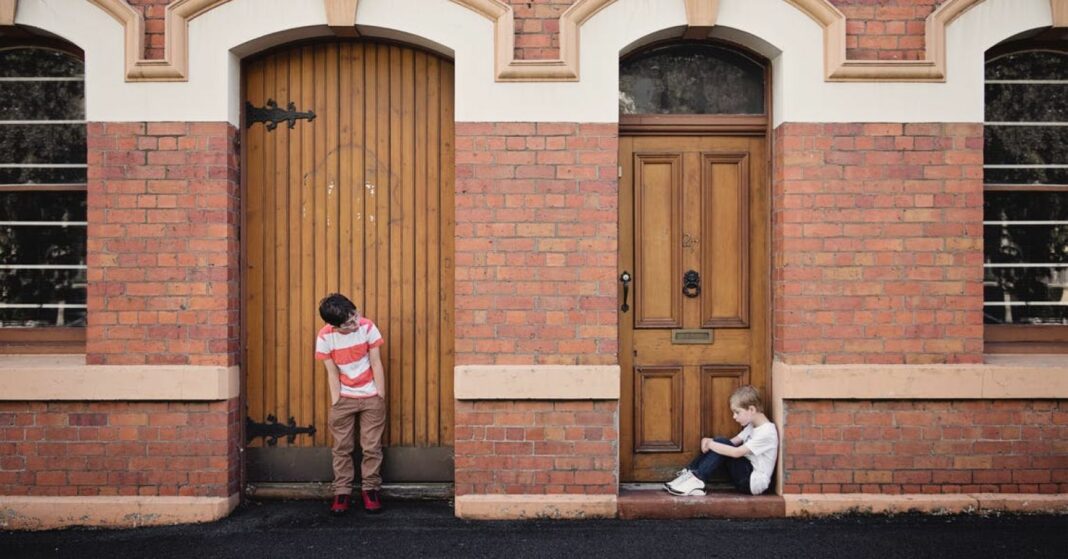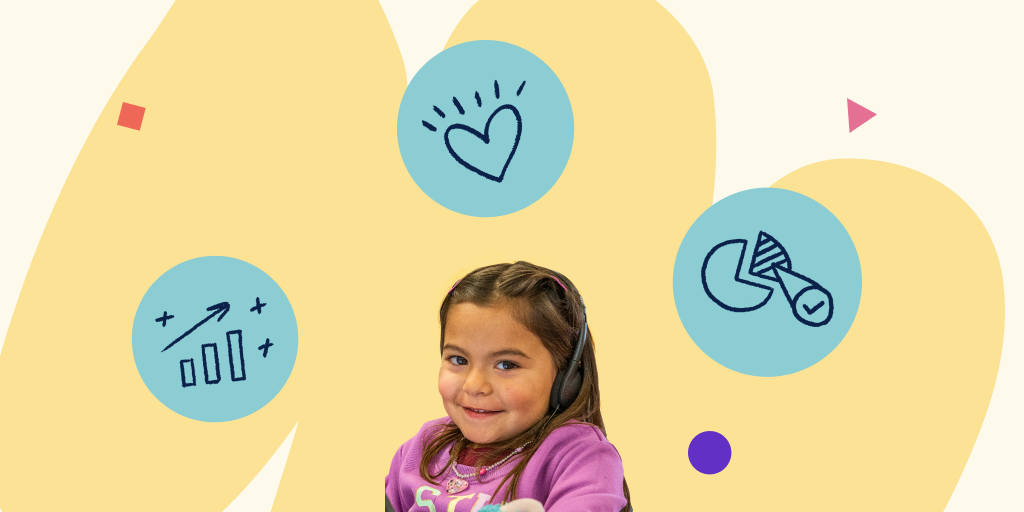Understanding Grieving in Children
Grief is a natural reaction to loss, and children are not immune to experiencing it. Whether a child has lost a loved one, experienced a significant change in their family dynamics, or faced another form of loss, they may struggle to cope with their emotions. While some children may be able to navigate this difficult time with the support of their family and friends, others may benefit from professional therapy to help them process their grief.
Signs That a Child May Need Therapy for Grief
It can be challenging for parents and caregivers to determine when a child’s grief has become overwhelming and requires professional intervention. Some signs that a child may need therapy for grief include:
- Withdrawal from activities they once enjoyed
- Difficulty sleeping or eating
- Intense feelings of sadness, anger, or guilt
- Behavioral changes such as aggression or defiance
- Problems at school or with peers
When Therapy Is Necessary
While grief is a normal part of life, there are certain circumstances in which therapy may be necessary for a grieving child. These include:
- Extended periods of intense emotional distress
- Inability to function in daily activities
- Symptoms of depression or anxiety
- Feelings of hopelessness or worthlessness
Benefits of Therapy for Grieving Children
Therapy can provide a safe and supportive environment for children to explore their feelings and learn healthy coping mechanisms. By working with a trained therapist, grieving children can process their emotions, develop resilience, and build the skills they need to navigate their grief in a healthy way. Therapy can also help children learn to communicate their feelings, strengthen their relationships with others, and build a sense of self-confidence.
Conclusion
While grief is a natural part of life, it is essential to recognize when a child may need therapy to navigate their emotions. By paying attention to signs of distress and seeking professional help when necessary, parents and caregivers can provide the support and resources their grieving child needs to heal.
FAQs
How can I tell if my child needs therapy for grief?
Look for signs such as changes in behavior, difficulty sleeping or eating, and prolonged periods of intense emotional distress.
What can therapy for grieving children involve?
Therapy for grieving children can involve a combination of talk therapy, play therapy, art therapy, and other techniques to help children process their emotions.
How long does therapy for grieving children typically last?
The length of therapy for grieving children can vary depending on the child’s needs and the severity of their grief. Some children may benefit from short-term therapy, while others may require longer-term support.




